SUMMARY
This is AI generated summarization, which may have errors. For context, always refer to the full article.
![[Newspoint] A sea change for news](https://www.rappler.com/tachyon/r3-assets/612F469A6EA84F6BAE882D2B94A4B421/img/D50E797189D44466921883A2E35102A0/vergel-santos-headshot-150px.jpg)
News has been my business since I got into it more than 50 years ago. I generally write opinion now, but, even so, news remains a required interest, for no opinion can stand unless supported by the news, indeed founded on it; that’s why the news itself must be solid – that is, certified factual and essentially truthful.
As it happens, not seldom is the news fabricated these days. If any such thing happened before, in the thick of my own practice, it was very rare. But we seem to tend to make up for rareness with egregiousness. Two cases are beyond comparison, and in both it was not only the news that was fabricated but the occurrence itself.
Our first case involves the ambush on Juan Ponce Enrile. (READ: Enrile’s tale: Hypocrisy and contradictions)
It had been stage-managed as a pretext for Ferdinand Marcos to impose martial law. The falsehood had gained the currency of fact until Enrile broke away from Marcos 14 years later and confessed to it. The other case is about the rigged election on which Gloria Macapagal-Arroyo assumed the presidency and went on to lead an amenably fooled nation for 6 years.
These cases should rank among the greatest feats of news fabrication in history. That, however, was definitely not the rule. The news was, yes, sugarcoated, softened, or concealed – concealment was itself conceded as a mere momentary recourse – but not fabricated, and the media themselves took these to be benign measures, granted them as contritely remedial, in their own description, a mere “massaging of the news.”
The media of the time were confident – and news sources and subjects generally did not test them – that, as an institution, they had enough professional training and backing of tradition and the law to be able to deal with falsehoods. They would have found, and proved, Enrile’s lie if martial law had not come down and killed their freedom the day after. Arroyo’s vote rigging had been exposed incontrovertibly enough in the media; she in fact apologized for it.
The media knew they could not be fooled, not for too long anyway, so long as they operated on the philosophy that truth and freedom have a mutually reinforcing relationship; that the truth will be found and revealed by free and independent inquiry and that, once out, it shall make you free. This relationship is in fact conceded to be so critical to the public interest press freedom is specifically enshrined in the Constitution, not just subsumed under the freedom of expression.
That was the exciting environment in which I began as a news practitioner in the 1960s and to which I returned after martial law to resume free practice in 1986. It was not to take long, however, before the first intimation of a sea change would hit me.

I went on the Net in 1991, communicating to correspondents scattered across the world, uploading thousands and thousands of words through newspoint@pacific.net.ph. and receiving as much in reply.
“Fake news” was not far in the future. Today it swamps us. How to deal with it?
A useful perspective comes – which, as a newspaperman (that’s what I’ve always considered myself), the most endangered of the journalist species, I value – from George Brock, himself a longtime newspaperman, now Professor and Head of Journalism at City University London, in his book, Out of Print (2013):
“This should hardly be a surprise: the ability to translate information into bits and thus to move it cheaply, quickly and in quantity over great distances reroutes much human communication and will have, however gradually, profound effects in democratic practice, books, money, law and social organization, to name only a few areas of life affected. Wireless technology and digitization profoundly alter the distribution of information of all kinds and how we learn what we know. Some of that is what we call ‘news.’ For anyone who reads, watches or listens to news, the questions posed touch basic assumptions: what we mean by ‘news’ – a flexible term that has taken on different meanings in different eras – may change again. If anyone can be a journalist thanks to cheap, simple electronic publishing technology, what is a journalist and can we define what they do? If we can identify what it is to be a journalist, exactly what value does it have in a wired society in which individuals can share information in such volumes with such ease.”
Brock does not redefine journalism – “the systematic, independent attempt to establish the truth of events and issues that matter to a society in a timely way”; he only rearranges and resites it, to cyberspace.
In that sense, it’s somehow therapeutic, if not altogether reassuring. – Rappler.com
Add a comment
How does this make you feel?

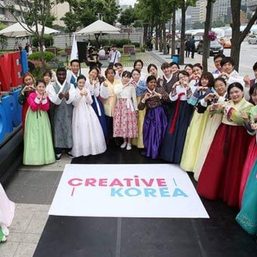
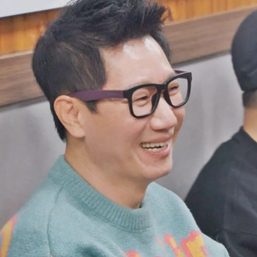

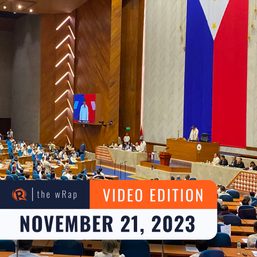

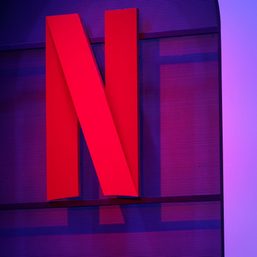


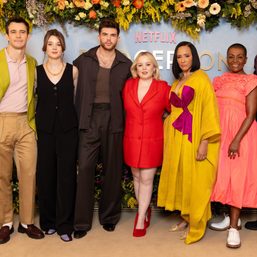

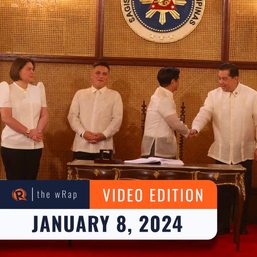



There are no comments yet. Add your comment to start the conversation.